Market Trends
Key Emerging Trends in the Lithium Titanate Battery Market
The Lithium Titanate Battery market is undergoing notable trends, propelled by advancements in energy storage technology and the growing demand for efficient and sustainable energy solutions. Rising Demand in Electric Vehicles (EVs): One of the significant trends in the Lithium Titanate Battery market is the increasing demand for these batteries in electric vehicles. Lithium Titanate batteries are known for their high power density, long cycle life, and fast charging capabilities, making them a preferred choice for electric vehicle manufacturers aiming to enhance performance and reduce charging times. Shorter Charging Times and Longer Cycle Life: Lithium Titanate batteries stand out in the market due to their short charging times and exceptional cycle life. With the ability to charge rapidly and endure a high number of charge-discharge cycles without significant degradation, these batteries address key concerns in applications where quick charging and long-term reliability are crucial, such as electric vehicles and renewable energy storage. Applications in Renewable Energy Storage: The Lithium Titanate Battery market is witnessing increased adoption in renewable energy storage systems. These batteries are well-suited for applications where energy storage needs to be reliable, efficient, and capable of handling frequent charge and discharge cycles. Their performance characteristics make them suitable for storing energy generated from intermittent renewable sources like solar and wind. Focus on Safety and Thermal Stability: Safety is a paramount consideration in battery technology, and Lithium Titanate batteries are gaining attention for their enhanced safety features. Their inherent thermal stability reduces the risk of overheating and improves overall safety, addressing concerns associated with battery safety in various applications, including electric vehicles and stationary energy storage. Emergence of Solid-State Lithium Titanate Batteries: The market is witnessing research and development efforts towards the emergence of solid-state lithium titanate batteries. Solid-state technology offers advantages such as improved safety, higher energy density, and longer cycle life. As this technology matures, it is expected to contribute to the evolution of lithium titanate batteries and their applications. Growing Investment in Energy Storage Infrastructure: Governments and industries are investing significantly in energy storage infrastructure, and Lithium Titanate batteries are positioned to play a vital role in this landscape. The need for reliable and high-performance energy storage solutions to support grid stability, load balancing, and peak shaving is driving the deployment of lithium titanate batteries in large-scale energy storage projects. Market Expansion in Asia-Pacific Region: The Asia-Pacific region is emerging as a key market for Lithium Titanate batteries. The growing adoption of electric vehicles, government incentives for renewable energy projects, and the development of smart grids are contributing to the increased demand for these batteries in countries like China and Japan. The region's commitment to clean energy solutions is driving the expansion of the Lithium Titanate Battery market. Cost Reduction and Economies of Scale: As the Lithium Titanate Battery market matures, there is a trend towards cost reduction and achieving economies of scale. Manufacturers are focusing on optimizing production processes, improving materials, and increasing production volumes to bring down the overall cost of lithium titanate batteries. This cost reduction is critical for making these batteries more competitive in the broader energy storage market


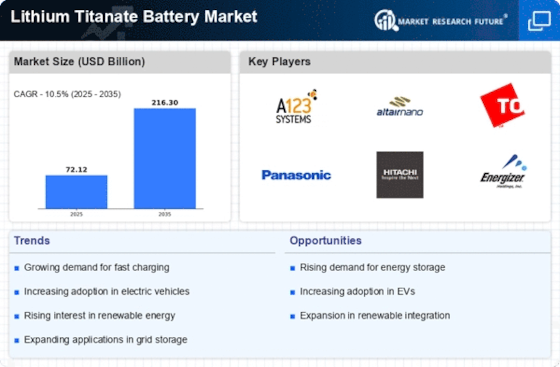
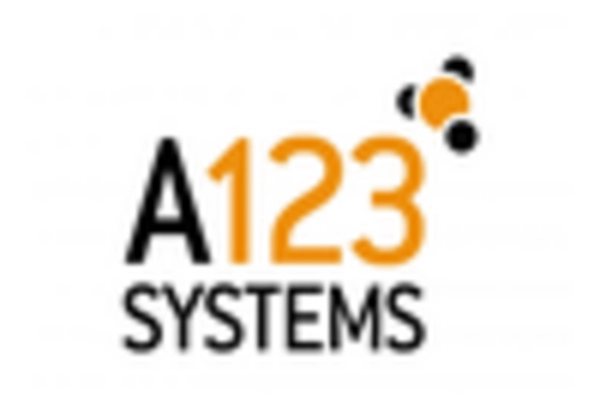
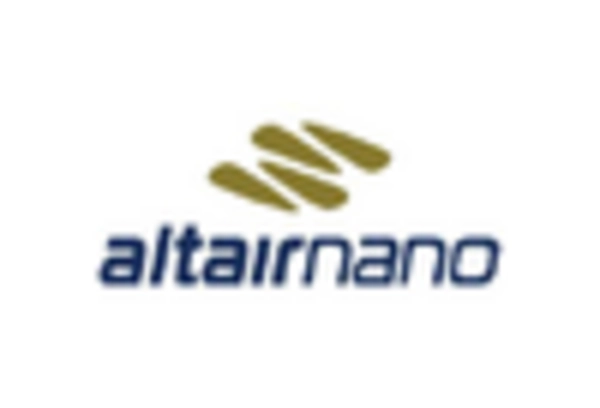
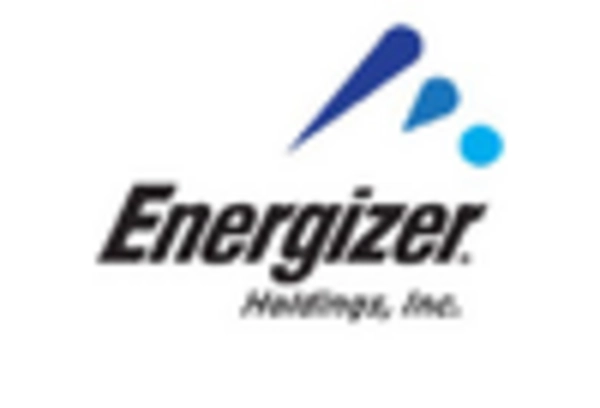
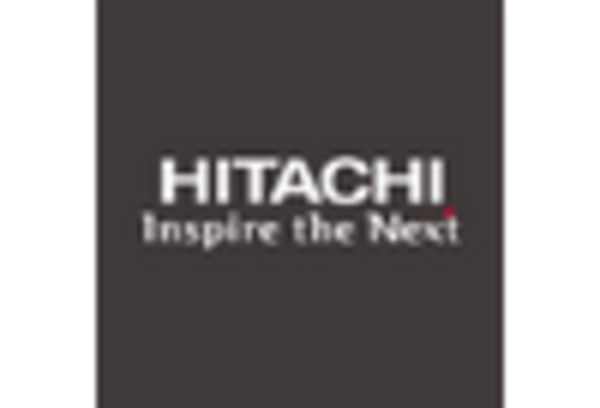

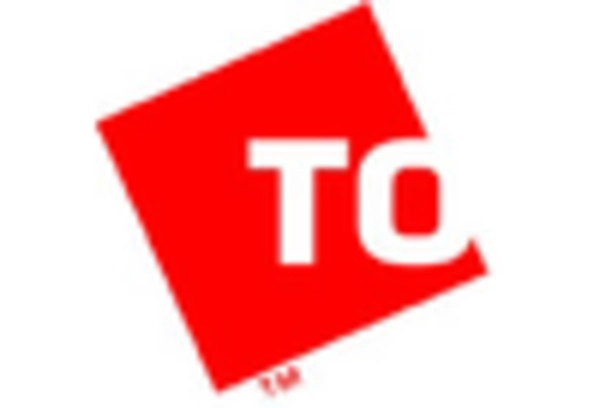










Leave a Comment